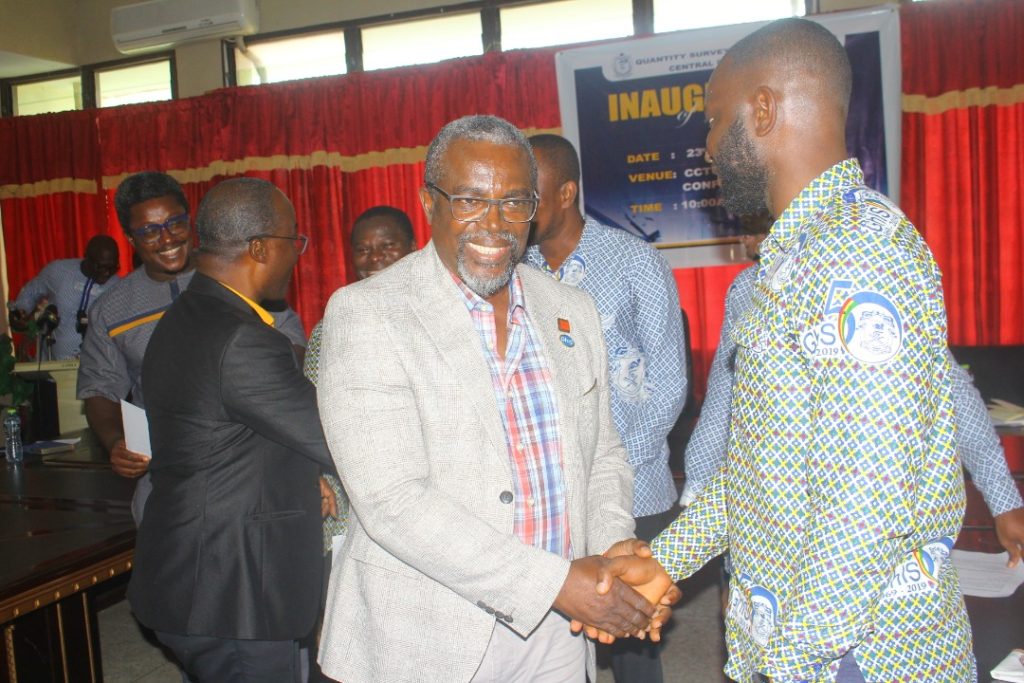By Prince Acquah
Cape Coast, Nov 26, GNA – Mr Isaac Agyei-Mensah, chairman of the Central Region chapter of the Quantity Surveying Division, Ghana Institution of Surveyors (GhIS), has called for the swift standardisation of building materials on the Ghanaian market.
He said the move was necessary to improve the quality of work and reduce the incidence of construction disputes in the country.
In an interview with the Ghana News Agency (GNA), he observed that the Ghanaian market was fraught with the influx of building materials of varying standards and quality which continued to affect final output, causing rifts among professionals and their clients.
Mr Agyei-Mensah, who is also the Regional Consultant, Architectural and Engineering Services Limited, explained for instance that a 12-millimeter diameter iron rod from one supplier had a different size from that of another.
“Even when you test the strength of the iron rods, sometimes you do not get what is required, he said, adding that “the sizes of blocks have also been reduced and they differ from place to place.
“This brings about construction disputes which end up in court sometimes and because the lawyers are not construction experts, sometimes the resolutions you get are out of place,” he said.
To this end, he rallied quantity surveyors to champion the standardisation of construction materials on the market “so that when we speak, we speak on an equal level platform.”

To achieve practical results, Mr Agyei-Mensah said the GhIS must work closely with relevant bodies like the Ghana Standards Authority to clamp down on inferior products and ensure uniformity to sanitise the construction space.
“It needs a lot of consultation and together with government, we can get this through,” he added.
On the low numbers of women in the surveying profession, Mr Agyei-Mensah encouraged more women to join the profession, assuring them of an endless range of prospects and fulfilment.
“We will like to encourage our women that after school, they should not listen to the claims that the profession is difficult and time-consuming. The beginning of everything is difficult but if you get involved and become conversant with it, you can practice without much effort,” he said .
GNA